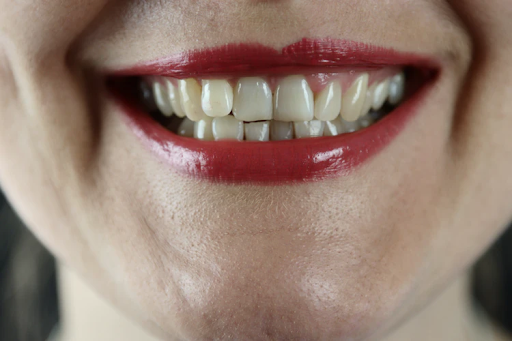

TOOTH DECAY RISK: THE THREE MAIN FACTORS

Tooth decay is also known as cavities and dental caries. It is one of the most common dental afflictions worldwide. It is characterized by severe infection, toothache, tooth loss, and cavities. The earliest signs may start off as white spots on your teeth and progress to dark-colored pits in your teeth. Symptoms of tooth decay include toothache, spontaneous pain, tooth sensitivity, pain when biting down, visible holes in the teeth, stains on the surface of the teeth, sharp pain when eating or drinking something hot or cold among other symptoms. Steven B. Horne, DDS, advises, everyone to go through regular dental exams so that tooth decay can be diagnosed when they are just small cavities (microcavities) otherwise if allowed to progress they will grow large enough to produce pain and will require extensive treatment.
Tooth decay can be caused by many factors, some of which are lifestyle induced and some of which are medical problems. This article will brief you on the most common risks of tooth decay.
1. Tooth Physiology, Disease and Medical Appliances
Genetic factors affect the shape, arrangement, and location of your teeth. These factors contribute to the risk of developing tooth decay in the future. Decay usually occurs towards the back of your mouth, where the premolars and molar are located. These teeth have lots of pits, grooves and multiple roots that collect a lot of food particles. They are difficult to clean as they are harder to reach. The shape and texture of teeth vary from person to person and depending on how deep the grooves and fissures are more it is for them to harbor bacteria. Your age also determines the risk of developing carries, old people have receding gums which expose teeth to more tooth decay. Any injury to the teeth may also elevate the risks of tooth decay as it might expose the teeth to detrimental factors. Certain diseases and conditions of the mouth also put your teeth at considerable risk of developing tooth decay. Dry mouth is caused when there is a lack of saliva in the mouth. Saliva is known to help in preventing tooth decay as the substances found in the saliva counter the acid produced by bacteria which cause tooth decay.
Orthodontic appliances, retainers, bite and night guards, certain medications and chemotherapy tend to resist and reduce saliva flow over the teeth, this causes stagnation of bacterial growth (biofilm) over the teeth and thus leads to plaque formation. Heartburn or GERD (Gastroesophageal Reflux Disease) is characterized by the flow of stomach acid to the mouth (acid reflux). This causes the enamel of the teeth to wear away and exposes your teeth to bacterial damage and tooth decay. Eating disorders such as bulimia can cause a lot of tooth erosion and cavities and interfere with saliva production. Stomach acid from purging (repeated vomiting) can accelerate enamel damage by dissolving them.
2. Eating Habits Which Harm Your Teeth
Your diet habits and eating routine greatly affect your dental health. Frequently snacking, especially on junk food, can give your mouth bacteria more fuel to produce acid rapidly and wear them down. Eating foods with high sugar, alcohol and acidic contents all throughout the day creates continuous acid production in your mouth. Consuming foods that cling to your mouth for a long time such as sticky and dense food items can cause food decay. These include milk, honey, cookies, hard candy, chips, cake, fried food and alcohol, etc. Choose healthier snacks and a more nutritious diet for optimal oral health.
3. Inadequate Dental Hygiene
Not brushing a minimum of two times a day, along with not flossing and gargling can lead to easy plaque and cavity formation. If you don't clean your teeth immediately after a heavy meal it can lead to the preliminary stages of plaque formation. Fluoride is a naturally occurring mineral that helps prevent formation of cavities and can reverse the first stages of tooth damage. Not getting an adequate amount of fluoride can put your teeth at risk, make sure to use fluoridated toothpaste and mouthwashes. Floss once a day or use an interdental cleaner. Get your teeth professionally cleaned once in a while.
Even the earliest signs of tooth decay can be easily noticed by the dentistthat is why it is very important to go for frequent dental check-ups. Visit your dentist as soon as you start any of the symptoms associated with tooth decay, usually, it is tooth pain. Always tell your dentist about any underlying medical conditions which could be affecting your oral health.
Related blog: Stages of Tooth Decay and Their Treatment Options














